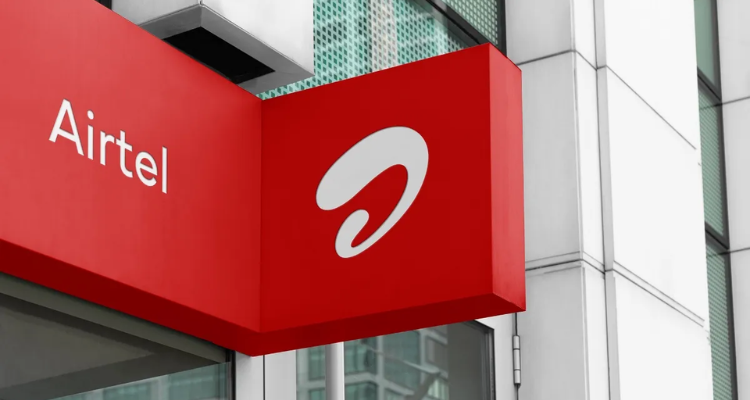Airtel Kenya has confirmed that it is preparing to launch home fiber internet services, a move expected to reshape the broadband market in the country. The announcement, made during the groundbreaking ceremony for the largest data center in East Africa at Tatu City, Nairobi, highlights Airtel’s ambition to become a major player in fixed home internet solutions and expand beyond mobile connections.
According to an insider, Airtel’s fiber-to-the-home project is already underway, though no official launch date has been given. The source revealed that Airtel Fiber will eventually roll out, with more details to be announced soon. This confirmation has generated excitement among Kenyans, many of whom are eager for more reliable and affordable home internet options. The initiative also reflects Airtel’s recognition of the growing demand for faster connectivity, particularly as digital services, e-learning, and remote work continue to expand.
While the fiber rollout is still in progress, Airtel is offering users alternative solutions. The company has upgraded its 5G Smart Connect device, already a popular home broadband option. This portable router supports 3G and 4G LTE networks while delivering 5G-level speeds, thanks to newly enhanced antenna technology. The improvements also ensure better indoor coverage, allowing households to enjoy a smoother internet experience.
Priced at KES 2,000 per month for unlimited 15 Mbps connectivity, the device is both affordable and capable of supporting up to 32 devices at once, or 16 on the X25 router model. To further enhance reliability, Airtel has included a built-in battery backup that lasts up to five hours, keeping homes connected during Kenya’s frequent power outages. This feature gives Airtel an edge over competitors that rely solely on mains electricity.
The imminent launch of Airtel Kenya Home Fiber Internet has already stirred interest in a market long dominated by established providers. Safaricom remains the market leader with its extensive fiber network covering major urban areas, while Zuku maintains a strong presence in residential communities with its cable services. Jamii Telecommunications Limited (JTL) and other smaller internet service providers also serve diverse customer needs. With Airtel entering this competitive space, the industry is likely to see increased competition not only in pricing but also in service quality—changes that promise better value and more choices for Kenyan consumers.
The timing of Airtel’s plans is ideal. Internet usage in Kenya is rising, with households increasingly dependent on stable connections for work, study, and entertainment. Affordable and reliable broadband has become a necessity rather than a luxury. Backed by its strong brand recognition and large mobile subscriber base, Airtel is well-positioned to succeed once fiber services are introduced.
Airtel Kenya’s upcoming fiber launch, alongside the enhancements to its 5G Smart Connect device, reflects a clear strategy to grow its share of the broadband market. By stepping into a sector currently led by Safaricom, Zuku, and JTL, Airtel is set to drive innovation and expand consumer options. In the near future, Kenyan households may enjoy faster, more dependable, and more affordable internet access—an important milestone in the country’s digital transformation.
Related
